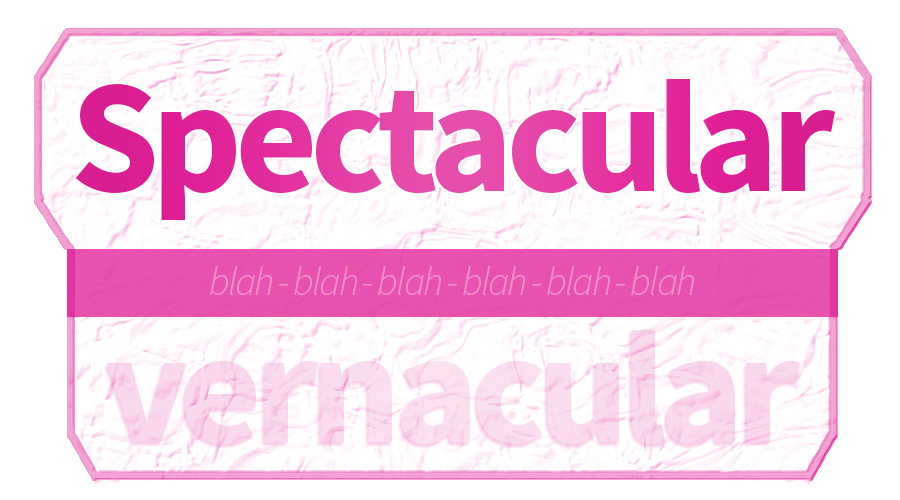UNIT 64 The indefinite article: a / an
A
The indefinite article has two forms, a / an, that are the same for all nouns.
a man a woman a dog a rucksack
A is used before words that start with:
- a consonant or a semivowel (w, y): a book, a girl, a car, a table, a windows , a young man
- aspirated h: a house, a horse, a hand, a hot day
- the sound /ju/: a uniform, a university, a unit, a euro, a European country
An is used before words that start with:
- a vowel: an apple, an egg, an onion, an umbrella, an Italian student
- mute h: an hour, an heir, an honest person
NB: The only words that begin with a mute h are: hour, heir, heiress, honour, honest and their derivations (hourly, honourable, honestly…).
B
The article a / an is used before singular countable nouns (see p. 224) to indicate:
- a thing or person amongst others (any one, not one in particular).
Take a chair, please.
She gave me a red rose.
- a person or thing that is mentioned for the first time in a story.
A good king ruled over the country at that time.
I’ve never seen a man with such a long beard.
- an example that represents an entire species or category.
A lion is a wild animal.
An oak is a big tree.
- an object that we have or don’t have.
I’ve got an umbrella.
I haven’t got a watch.
C
The article a / an is also used before nouns that indicate:
- professions and occupations
He’s an engineer and his wife is an interpreter.
- certain ailments or illnesses.
I’ve got a cough. She’s got a high temperature.
D
The article a / an is also used:
- in expressions of
- price: three pounds a kilo
- speed: 50 miles an hour
- frequency: three times a day, twice a month
- in numeric expressions.
A couple, a dozen, half a dozen, a hundred, a thousand, a million
- in exclamations, before a singular noun.
What a life! What a horrible day!
- before Mr / Ms + surname, to indicate ‘a certain someone’.
A Mr Cox lives here, but I’ve never seen him.




























